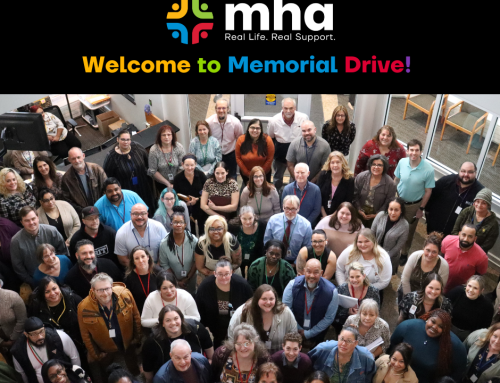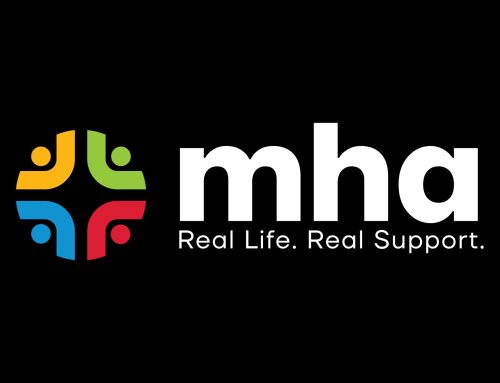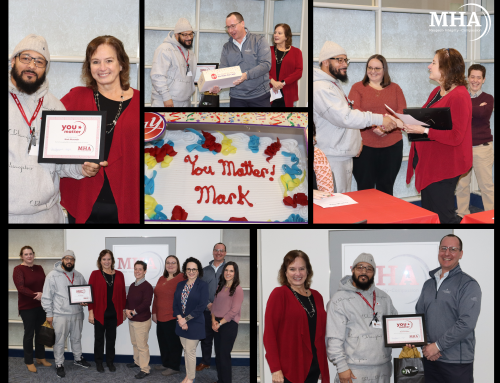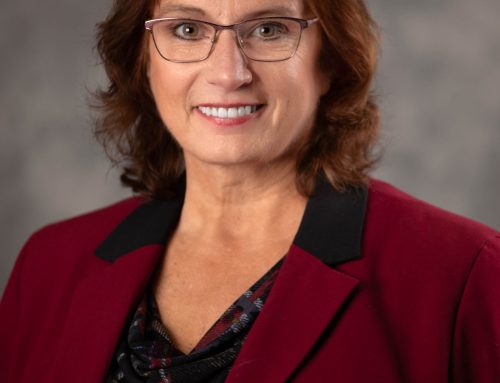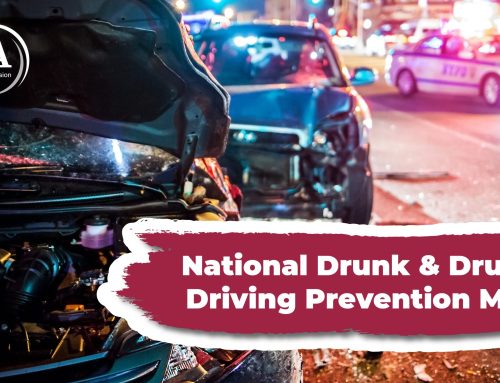
When the National Suicide Hotline Designation Act was signed into law on Oct. 17, 2020, it gave the Secretary for Mental Health and Substance Use and the Secretary of Veterans Affairs 180 days to issue a report on how 9-8-8 would become the universal telephone number for the hotline system operating through the National Suicide Prevention Lifeline. The 988 Suicide and Crisis Lifeline went live July 16 with the intent of making it easier for those in crisis to access support, but provisions within the legislation, co-written by U.S. Representative Seth Moulton of Massachusetts, were already at work prior to the launch. The act targeted the secretaries to develop specialized services for certain populations considered at high risk for suicide. These include LGBTQ youth whom, the act noted, are 4 times more likely than their peers to consider suicide, with 1-in-5 LGBTQ youth and more than 1-in-3 transgender youth, reporting attempting suicide. It asked that training assistance be provided for call-in center staff to increase competency with this population and that these specially-trained staff be able to easily refer to supports for this population. However, last year a page addressing those who identify LGBTQ+ was added to the website of what was then known as the National Suicide Prevention Lifeline 1-800-273-TALK.
In addition to assuring this population that staff are available through the network to “listen and support you without judgement,” the page offers advice and additional resources available. It also notes that more than “80% of LGBTQ+ youth have been assaulted or threatened,” and adds that “every instance of victimization in an LGBTQ+ person’s life more than doubles the likelihood of self-harming.” MHA is well aware through its own work of how abuse and stigmatization have impacted those who identify LGBTQ+ and applauds the 988 legislation in recognizing the impact of this abuse and the need for call-in center staff to be trained in its impact as well. The 10-digit lifeline number remains operational but the legislation making 988 as the universal number is expected to increase demand across populations. The network relies on call-in centers in each state that will now be 24/7 in operation and tie-in with 9-1-1 dispatchers for someone at immediate risk and to the wider resources of Emergency Services. MHA provides a residential recovery program specifically for individuals who identify LGBTQ+ and are diagnosed with mental health conditions and/or substance use disorders. The GRIT-Yale Street program is little more than a year old but its residents say that the safety and acceptance it provides, in addition to recovery services offered, some by staff who identify LGBTQ+, are allowing them to be in recovery and to address the trauma they have experienced in not being accepted and its impact on their mental and behavioral health.
